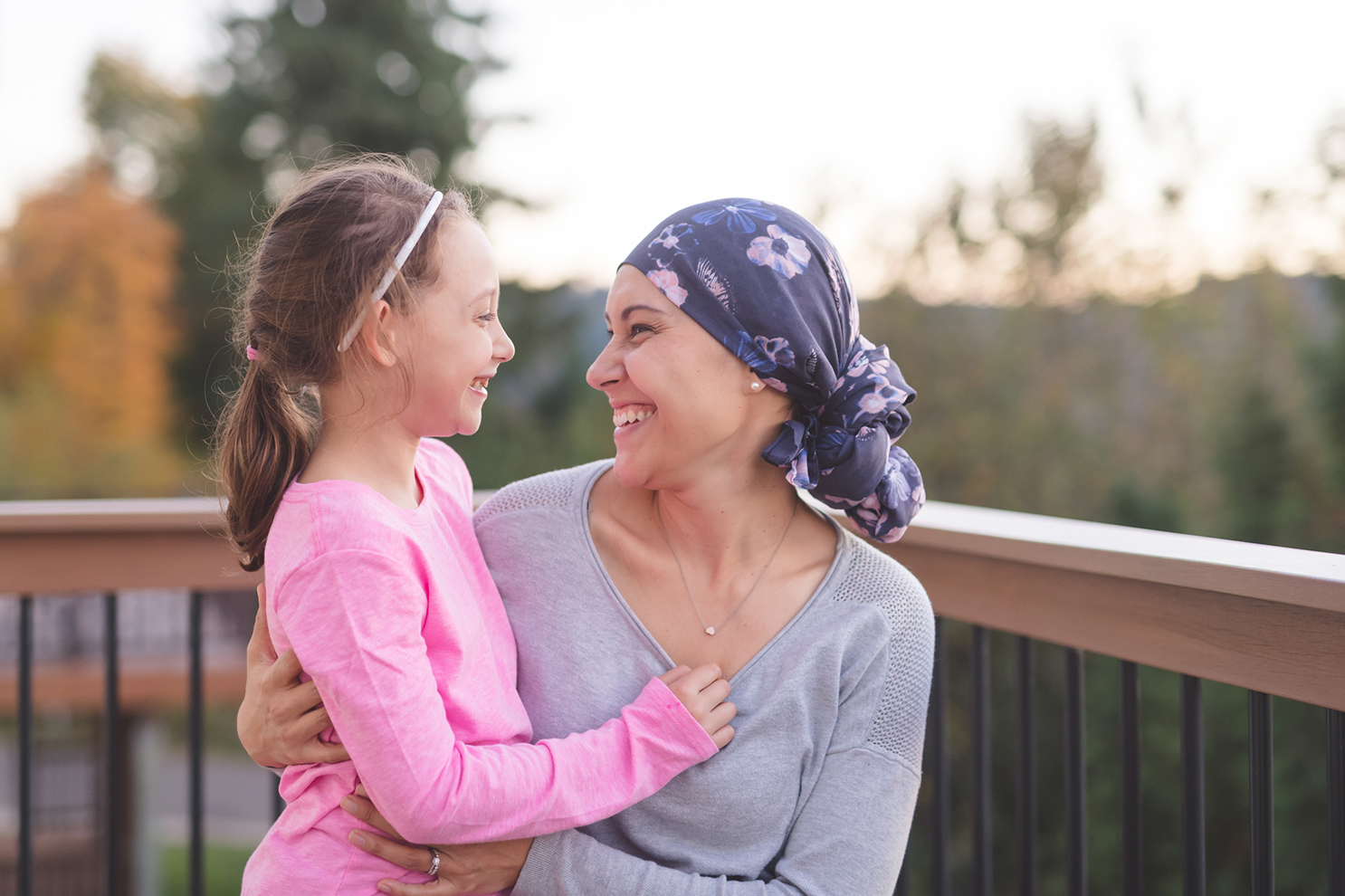Living as a Lung Cancer Survivor
By Rachel Ernst |
Being a lung cancer survivor brings different meanings for everyone. For some patients, new challenges emerge while they learn to live with cancer that does not go away. For others, their treatment may successfully destroy cancer completely. As a lung cancer survivor, there are benefits to receiving follow-up care and emotional support from loved ones.

Follow-Up Care and Emotional Support For a Lung Cancer Survivor
As a lung cancer survivor, completing lung cancer treatment is an accomplishment in itself. Your lung cancer follow-up treatment, however, is not over. Follow-up appointments are necessary if you’ve completed your lung cancer treatment. These follow-up visits with doctors may include physical exams, lab tests, or imaging tests to check for the return of cancer or significant side effects from treatment.
Lung cancer survivors should report any new symptoms or problems to their doctor. New or worsening symptoms could indicate cancer recurrence or the development of a second cancer.
According to the Institute of Medicine, lung cancer survivors should receive an individualized cancer survivorship care plan. The plan includes monitoring guidelines and tips for maintaining health. Cancer care plans can help improve the quality of care of survivors in recovery.
Cancer care plans provide awareness of possible short and long-term side effects from treatment, help patients understand how they can keep a detailed record of all things concerning their post-treatment survivorship. Plans typically include a copy of all medical records and health insurance information.
Lowering the Chances of Cancer Recurrence
Cancer recurrence happens when lung cancer comes back. For lung cancer survivors, it can be difficult to cope with the resurfaced feelings from the original diagnosis. Stress, blame, loss of hope, and disappointment are some of the most common feelings lung cancer survivors face after the return of cancer. Survivors often blame themselves for not doing the right things, like making every doctor’s appointment or not eating right. Even with all the knowledge and tactics of preventing it, cancer recurrence can happen to anyone.
With the help from your cancer care team and your cancer care plan, you can take certain steps to lower the risk of recurrence. In general, lung cancer survivors should try to stay healthy by avoiding putting harmful things into their bodies.
Quitting smoking is one of the most essential steps to take in living longer as a lung cancer survivor and preventing recurrence or developing a second cancer. Eliminating smoking from your life isn’t easy, but resources are available to help you through the process.
Proper diet and nutrition may aid in the prevention of recurrence and the improvement of the quality of life of a lung cancer survivor. Some studies suggest that eating foods high in nutrition, such as fruits and vegetables, can prevent lung cancer. Further investigation is still necessary to form a solid conclusion surrounding the benefits in patients who have already had lung cancer. In general, eating healthy can aid in managing side effects from treatment and improving physical and mental health.
How a Lung Cancer Survivor Can Advocate For Current Patients
Supporting others going through similar situations can make a large difference in someone’s cancer journey. The abundance of available online cancer survivors communities allows new opportunities to get involved and help you connect with others. Your survivorship can serve as inspiration to those in the early stages of their lung cancer fight.
As a lung cancer survivor, you can help raise awareness by participating in lung cancer-related events, such as walks and expos. These events help raise money and necessary funding for lung cancer research, clinical trials, and treatment options. Your voice and advocation matter to those currently going through treatment.
Participating in the lung cancer community, whether on social media, online, or in-person, can help you share your own story. Sometimes, putting your thoughts about your journey into written words serves as a coping method for negative feelings associated with having lung cancer. Online communities also serve as a method of connecting with other survivors. No matter where you are in your lung cancer survivor story, you are not alone.